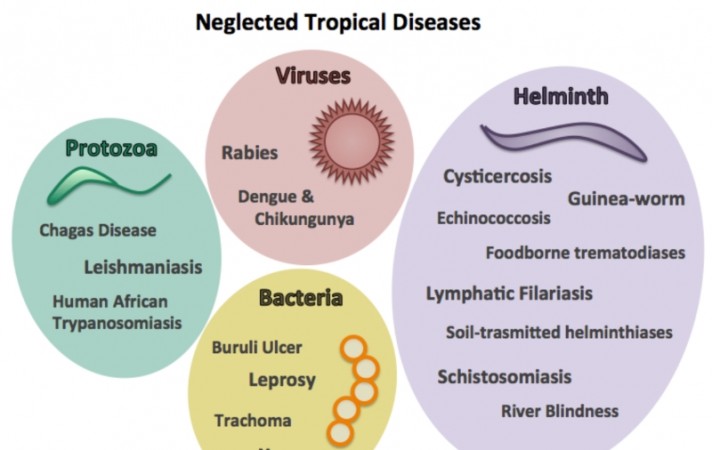
The Global Institute for Disease Elimination (GLIDE) has partnered with the Centre of Health Economics (CHE) at the University of York and the East Central and Southern African Health Community (ECSA-HC) to form Thanzi Labwino (TLab), a collaborative partnership aimed at eliminating neglected tropical diseases (NTDs) in East and Southern Africa.
The partnership has a total budget of £1.2 million, with funding secured from various sources, including the Foreign, Commonwealth & Development Office (FCDO) in Malawi.
TLab will focus on three key activities to improve population health and reduce health inequalities in the region. These activities include generating relevant health economic evidence, establishing strong partnerships between stakeholders, and improving stakeholders' capabilities to use health economics evidence to inform disease elimination and resource allocation decisions.
The partnership will operate primarily in Malawi, with inputs from collaborators across Southern and East Africa. The joint leadership of TLab will be held by Mr. Edward Kataika, Director of Operations at ECSA-HC, and Professor Paul Revill at CHE.
The partnership aims to improve health outcomes and access to quality healthcare among the most vulnerable in Southern and East Africa. TLab seeks to advance the application of economics as applied to disease elimination and explore opportunities for future collaborations with groups that have common aims.
TLab's goal is to accelerate disease elimination in Southern and East Africa by addressing neglected tropical diseases in those regions. It aims to strengthen the integration between global health economics and NTD modelling to generate evidence that is more relevant to the challenges in a resource-constrained environment.
Photo courtesy / SITN
Article by RB correspondent

Comment